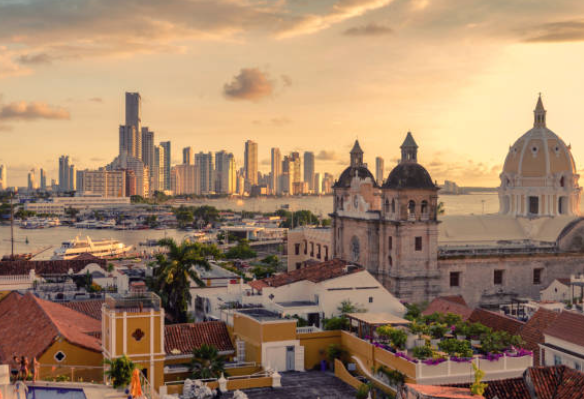
Posted on Friday, September 27, 2024
Purchasing roll forming machines for use in South America can present unique challenges, especially when navigating the importation process, tariffs, and regulations specific to each country. Whether you are sourcing machines from abroad or looking to expand your production capabilities, understanding the import landscape in key countries like Colombia, Peru, and Ecuador is critical for a smooth process. Here’s a guide to help you navigate these complexities.
Each South American country has its own set of regulations and guidelines governing the importation of machinery. Key areas to focus on include:
One of the biggest cost factors when importing roll forming machines is tariffs. These vary by country and depend on factors such as the origin of the machine and the trade agreements in place.
Trade agreements can significantly reduce the cost of importing roll forming machines. Countries like Colombia and Peru are part of multilateral agreements, such as the Pacific Alliance, which promotes free trade between member states and can offer tariff relief. Ecuador is a member of the Andean Community, which offers some trade benefits to its members. Additionally, the United States-Colombia Free Trade Agreement and the U.S.-Peru Trade Promotion Agreement may provide reduced or zero tariffs on machinery imports from the United States.
Customs procedures can differ widely across South America:
Shipping roll forming machines to South American countries requires careful planning to avoid logistical headaches:
To ensure a smooth import process, consider the following:
By understanding the import regulations, tariffs, and logistics in South American countries like Colombia, Peru, and Ecuador, you can make informed decisions and avoid costly delays. Proper planning, coupled with a solid understanding of trade agreements and customs procedures, will ensure a smoother import process for your roll forming machines.
4orequestAnimationFrame((function(){window.__oai_logTTI?window.__oai_logTTI():window.__oai_SSR_TTI=window.__oai_SSR_TTI??Date.now()}))
ChatGPT can make mistakes. Check impo

Used Purlin Roll Forming Machines for Sale Worldwide
Posted on Sunday, January 25, 2026
Pre-Owned Roll Forming Machines for Purlin & Structural Steel Profiles

Used Roof Panel Roll Forming Machines for Sale Worldwide
Posted on Sunday, January 25, 2026
Pre-Owned Roll Forming Machines for Roofing Panel Production

Used Roll Forming Machines for Sale Worldwide
Posted on Tuesday, January 20, 2026
Pre-Owned Roll Forming Machines with Inspection, Verification & Global Support

Steel Coil Supply for Roll Forming Machines Worldwide
Posted on Tuesday, January 20, 2026
Reliable Steel Coil Supply for Roll Forming, Fabrication & Manufacturing Applications
Copyright 2026 © Machine Matcher.